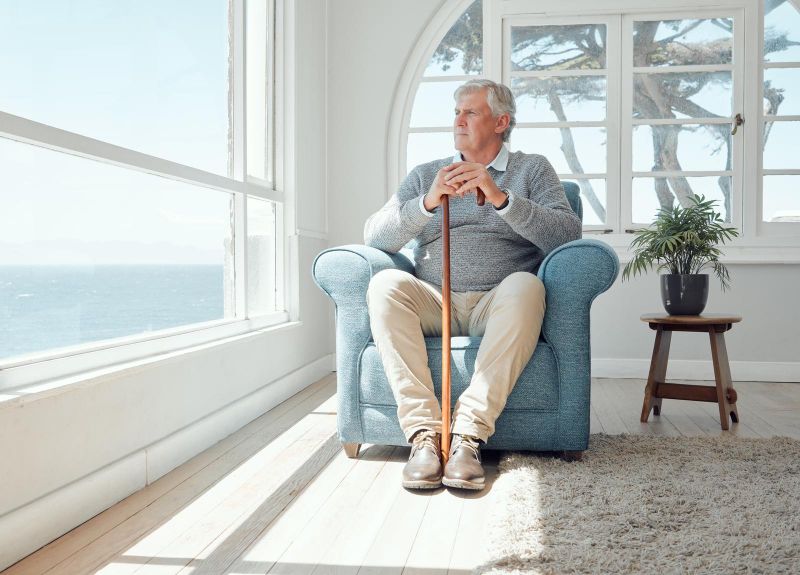As our loved ones age, it’s only natural that we become more concerned about their well-being and safety. While many seniors are quite independent and self-sufficient, there may come a time when they need some extra support to maintain their quality of life.
Recognizing the signs that your elderly family member may need extra support is crucial for ensuring their health and safety. Here are some common signs that indicate it might be time to provide additional assistance to your aging loved one.

Changes in Physical Health
One of the most obvious signs that an elderly loved one might need extra support is a decline in their physical health. This can manifest in various ways, such as difficulty with mobility, balance issues, or increased frailty. If you notice your loved one struggling to perform everyday tasks like walking, climbing stairs, or getting in and out of a chair, it may be time to consider providing additional support.
Forgetfulness and Cognitive Decline
Memory lapses and cognitive decline are common concerns as people age. If your loved one begins to exhibit signs of forgetfulness, confusion, or difficulty making decisions, it may be an early indication of cognitive decline or even Alzheimer’s disease. Regular forgetfulness can lead to dangerous situations, like leaving the stove on or forgetting to take essential medications.
Changes in Hygiene and Personal Care
An abrupt change in personal hygiene and self-care habits is a clear sign that your elderly family member might need extra support. Neglecting basic personal care tasks, such as bathing, grooming, and changing clothes, can be due to physical limitations, cognitive decline, or depression. It’s crucial to address these changes and offer assistance to maintain their dignity and well-being.
Unexplained Weight Loss
Unexplained weight loss can be a concerning sign, as it might indicate underlying health issues or poor nutrition. It could result from difficulty cooking, reduced appetite, or a medical condition. Monitoring your loved one’s eating habits and consulting a healthcare professional can help determine the cause and implement a plan for improved nutrition.

Isolation and Loneliness
Social isolation is a prevalent issue among the elderly, and it can have a significant impact on their mental and emotional well-being. If your loved one begins to withdraw from social activities, express feelings of loneliness, or exhibit signs of depression, it’s crucial to provide support to address these emotional needs. Encouraging social engagement and arranging visits can help combat isolation. It might also be a good idea to explore senior living options as this can help to combat loneliness.
Frequent Falls or Accidents
Frequent falls or accidents can be a sign that an elderly loved one is struggling with mobility and balance. Falls are a leading cause of injury in the elderly, and they can have serious consequences. If you notice a pattern of falls or unexplained accidents, it’s essential to take action to ensure their safety, such as modifying their living environment or providing mobility aids.
Neglected Household Chores
A sudden decline in the upkeep of their home can indicate that your elderly family member is finding it challenging to manage daily tasks. Neglected household chores can lead to unsafe living conditions. Offering assistance with cleaning, maintenance, or even considering a move to a more manageable living situation can be beneficial.
